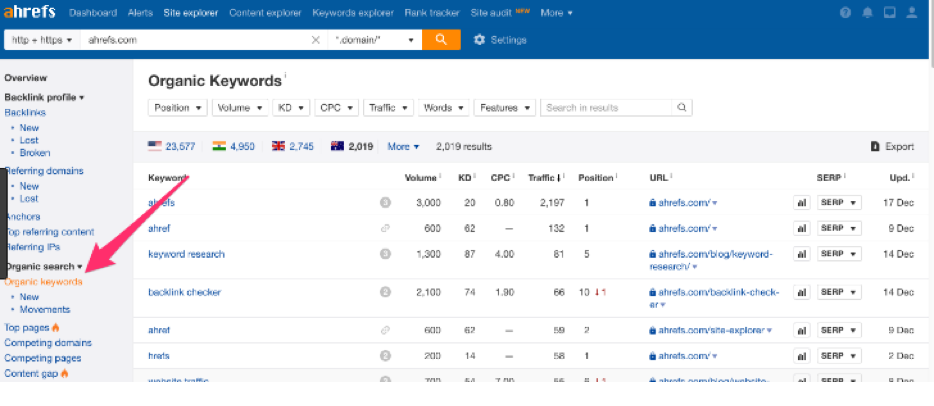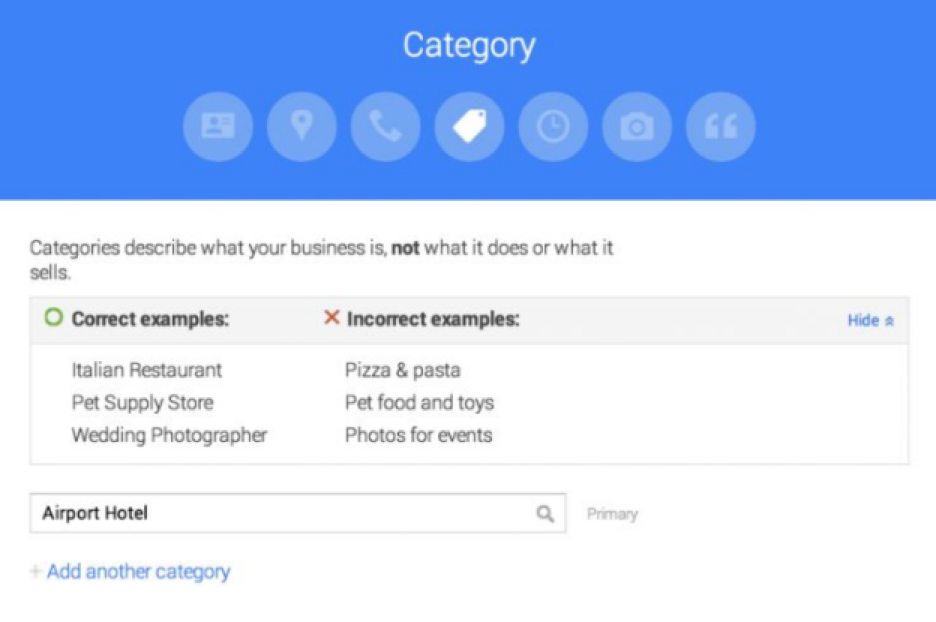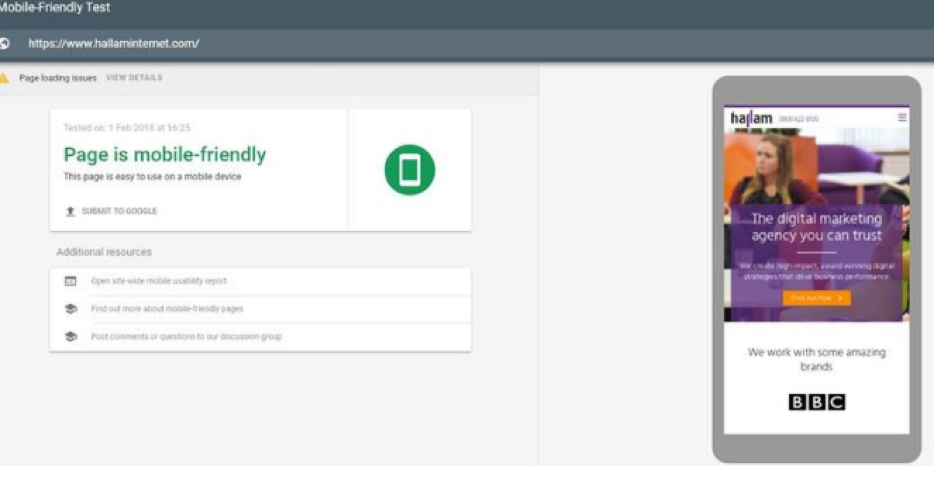There were 33 million voice searches in 2017 which is 35 times more than when Google Voice Search launched in 2008. Voice search is definitely not just a fad and 40% of people are using it on a daily basis – and why not? It’s convenient and easy – no troublesome typing on a rainy day and it whips up information quickly as you need it.
Today, there are many voice search assistants like Google Assistant, Siri or Cortana that often resemble real human beings in their quirky answers and this extends to your home where you could use Amazon Echo or Google Home. You could have your virtual assistant everywhere.
There have been some predictions that 50% of all searches by 2020 will be by voice and some even say without a screen.
While this is all exciting for the technology world and most people, businesses worry what this means for their Google Rankings. Voice search changes some things and what was on the first spot once, might not be there now. Therefore, business and website owners devise strategies as to how to maintain a steady position – here are some tips and tricks on how to optimize your voice search for SEO:
1. Use conversational keywords
Together with more and more people leaning towards using voice search, the usage of keywords is changing. Keywords that might have worked for you in the past and mostly for ‘typed’ searches will probably not work now.
The reason is simple – when people use voice search, they talk to their phones like it’s a real person. So, instead of typing ‘restaurants in Paris’ or ‘best restaurants in Paris’ they will ask ‘what are some of the best restaurants in Paris?’ or ‘tell me what is the best restaurant in Paris’. This gives you a different formula of long tail +, the plus being all of those phrases and words people didn’t normally use in their search queries but use frequently in their daily life.


This keyword strategy is based on you knowing how your customers talk and what they might ask a regular person from your business.
There are plenty of tools – Ahrefs, for instance – that you can use to figure out what some questions and phrases could be like and move on to create content that contains those keyword phrases.

2. Claim your Google My Business listing
This is an important thing whether you are keen on optimizing for voice search or not, and it’s something that you should do. This is a great way to let Google get your information about your business – make sure to enter your address, phone number, business category, description, your business hours etc.

Keeping your Google Business listing accurate and up-to-date will make your chances of being on top of the lists in searches related to your niche higher.
3. Improve your local SEO
Local SEO is often neglected in favour of general SEO and in some cases it makes perfect sense. However, you should strongly consider focusing on it since most voice search queries are for local businesses.
39% of all voice searches are for businesses, so you see how this could be of value to you and your business. Usually when people search for businesses, they get results based on their location. Claim your Google Business Listing, build your online reviews, write content with relevant key phrases using StateofWriting and use structured data.

4. Optimize for mobile devices
Voice searches are done almost exclusively on mobile devices. This is why Google recommends website responsiveness – if your website is not easy to navigate and use on mobile, your users are likely not going to stay.
The same goes for speed since people are even less patient on their mobile devices and expect your page to load instantly. Another thing you should consider is formatting for scanners, since most of the text is not read and subheadings are used for orientations.

5. Use structured data
Using structured data mark-up from schema.com is going to allow Google to obtain more information about your business and understand the information better. Users will not see it but it will improve your SEO and help search engines classify your content and information. This is an underutilized strategy because it requires work but it’s what you should do if you want to optimize for voice search queries.
Here is a shortened example of structured data for apple pie recipe:

And how that reflects upon it’s Google search appearance:

Conclusion
The future of voice search is not predictable but one thing is for sure – it’s usage is only growing. This can be either good or bad for you and your business, depending on how you decide to approach the situation. If you are keen on optimizing for voice search, your business will not suffer in terms of Google Ranking. These tips represent a simple yet effective ways of optimization and will surely show their results as you progress.

